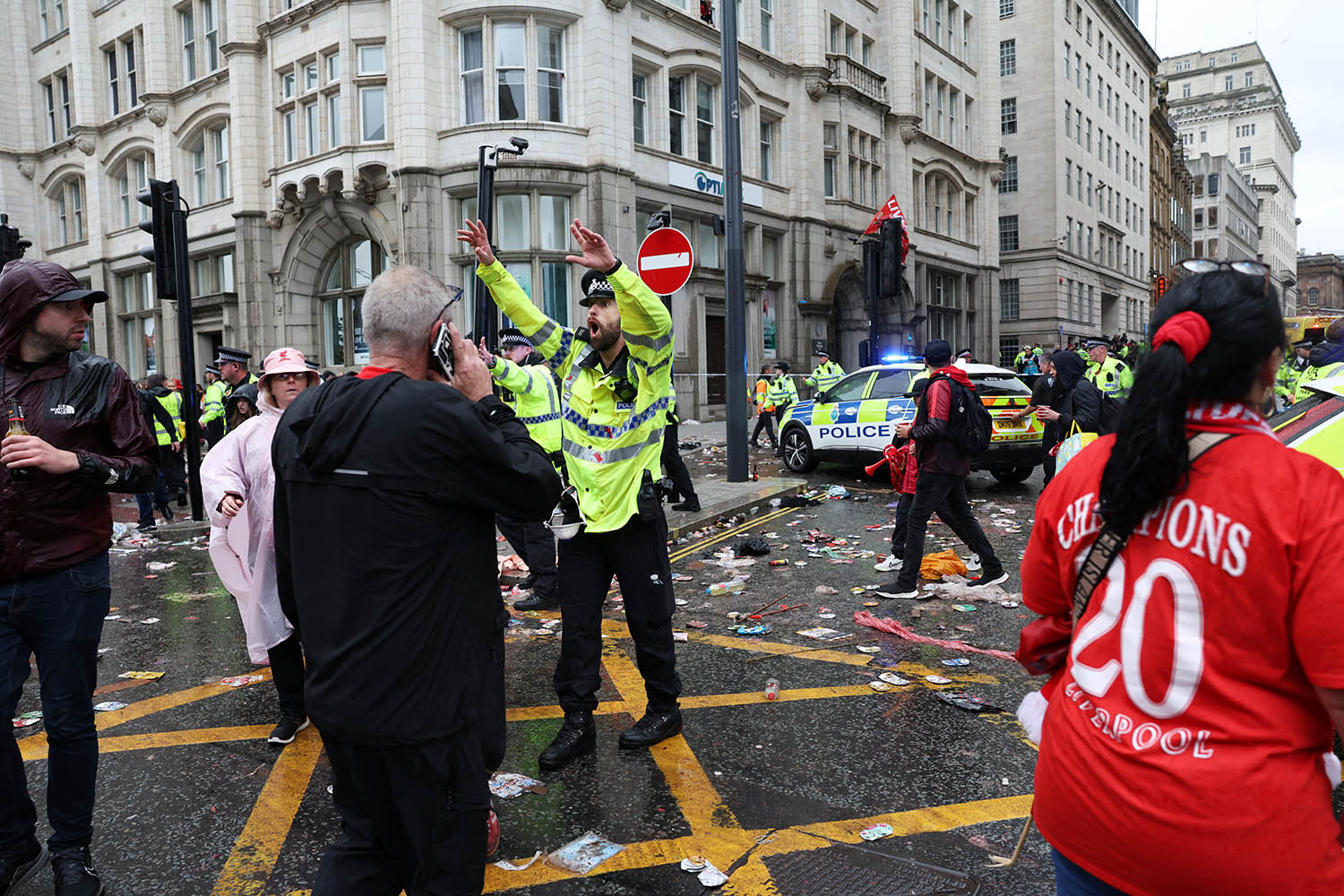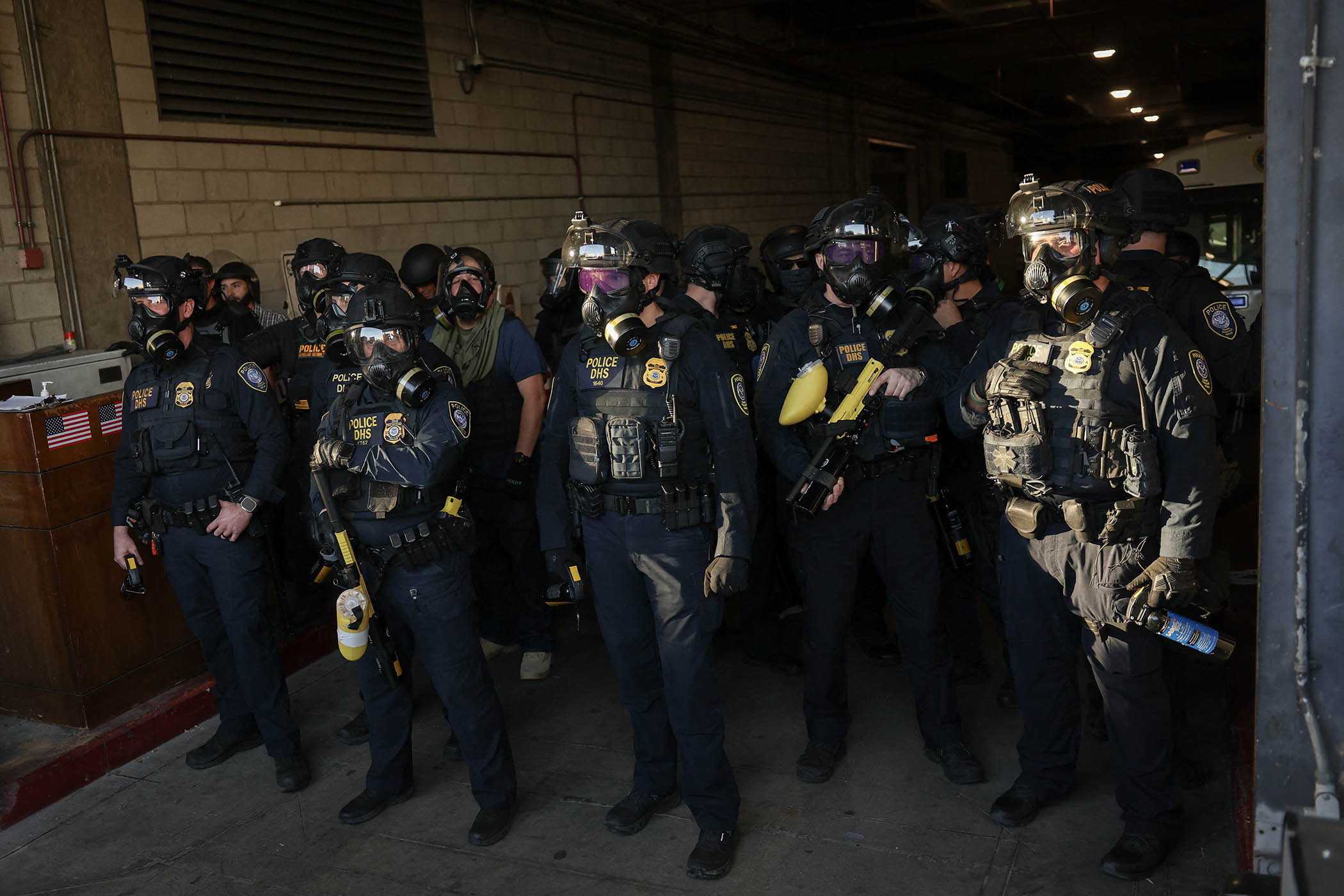What should police say about an alleged perpetrator in a high-profile case or a critical incident? Perpetrators have rights that the police must respect, yet the public increasingly asserts a right to know more. My time in the Met has taught me that these complex matters always draw public attention, especially when they involve a suspect’s ethnicity and nationality.
I’ve also noticed inconsistencies in how forces across the country release information – in both content and timing. These gaps are amplified by the increasing pressures of social media. For example, the Rotherham grooming cases, which ran from the late 1980s to 2013, demonstrated how withholding credible information contributed to it becoming a national scandal. This year’s review by Baroness Casey highlighted serious failings in how police recorded ethnicity data on group-based child sexual abuse. Given that more than 80% of the population is white, it can be significant when white individuals do not constitute the majority of victims or perpetrators in crime.
More recently, in July 2024, the Southport stabbings had critical consequences due to the slow disclosure of the suspect’s background. False claims by far-right groups, along with growing Islamophobic, racist and anti-immigrant sentiments, fuelled subsequent riots. The truth – that he was a British national – emerged too late to stop the unrest. Earlier disclosure might have reduced the scale of the riots or prevented them.
By contrast, when a car drove into crowds at the Liverpool FC trophy parade, police quickly released the suspect’s nationality, ethnicity, age and origin. That speed shut down fake news narratives about terrorism and helped prevent disorder. Notably, the far right’s presence was not a factor and the investigation was carried out expeditiously without interference from violent disorder or unrest. Despite city-wide trauma due to the scale of the crime committed, normality was regained quickly by effective policing that was seen to be accountable and transparent. The public interest issues were fully assessed and the right call was made, leaving any critics noticeably absent. But significant problems remain across the board. What if the “right call” results in unrest? Should the police withhold information out of fear of public reaction?
The rise of the far right has clearly intensified intolerance, prejudice and fear; a tactic legitimised by parties such as UKIP and Reform UK under Nigel Farage. So it was unsurprising to hear his call for the release of the immigration status of suspects charged with an offence. This, however, contradicts national guidelines that police officers must follow as set out by the College of Policing on post-charging procedure. These guidelines exist for valid reasons. Once someone is charged, their case belongs to the courts – not the police or politicians.
Once someone is charged, the case belongs to the courts – not the police or politicians
Once someone is charged, the case belongs to the courts – not the police or politicians
That’s why I believe there should be national guidelines giving clear criteria to ensure consistency within forces across the country in disclosing a suspect’s details before they are charged. It should be taken out of police hands and set by the government.
Yvette Cooper, the home secretary, has suggested the police should reveal a suspect’s nationality. Perhaps she should go further and formalise clear, consistent standards for pre-charge information too. This would help police counter fake news and avoid it being weaponised by politicians such as Farage, who have the capacity to inflame the fears of people who are vulnerable to misinformation and can be incited to carry out disorder and other crimes against ethnic minority individuals, whether they are asylum seekers or not.
Considering how individual police forces would deal with the release of suspects’ ethnicities when it is likely to inflame public sentiment remains extremely problematic. Can the home secretary come up with proposals that respect a suspect’s rights, release enough information to offset misinformation, calm public fears and make the police’s job easier?
I cannot discount that there are police officers with right-leaning views who could also be influenced by fake news around asylum seekers and may allow bias to affect how they carry out their duties. Hopefully, the checks and balances within the organisation and more senior ranks in the force can pick up rogue officers with this type of mindset and hold them to account. There have been cases of officers who have been dismissed for racial profiling.
Meanwhile, the toxic culture within some parts of policing continue – as shown by the steady stream of officers subject to misconduct proceedings for racism or Islamophobia against colleagues or members of the public. This is in addition to the disproportionate use of enforcement tactics such as stop and search on ethnic minority members of the public. This fight to change the culture has been a constant challenge for the National Black Police Association.
Newsletters
Choose the newsletters you want to receive
View more
For information about how The Observer protects your data, read our Privacy Policy
We must be alert: a hostile political climate, fuelled by incendiary rhetoric from figures such as Farage and legitimised by Keir Starmer’s recent comment that Britain risks becoming an “island of strangers”, has the potential to create an emboldened far right that is mobilised and driven to undermine public trust in the institutions responsible for public protection and community safety.
Leroy Logan is a former superintendent in the Metropolitan police and a former chair and founding member of the Black Police Association
Photograph by Darren Staples/AFP/Getty


